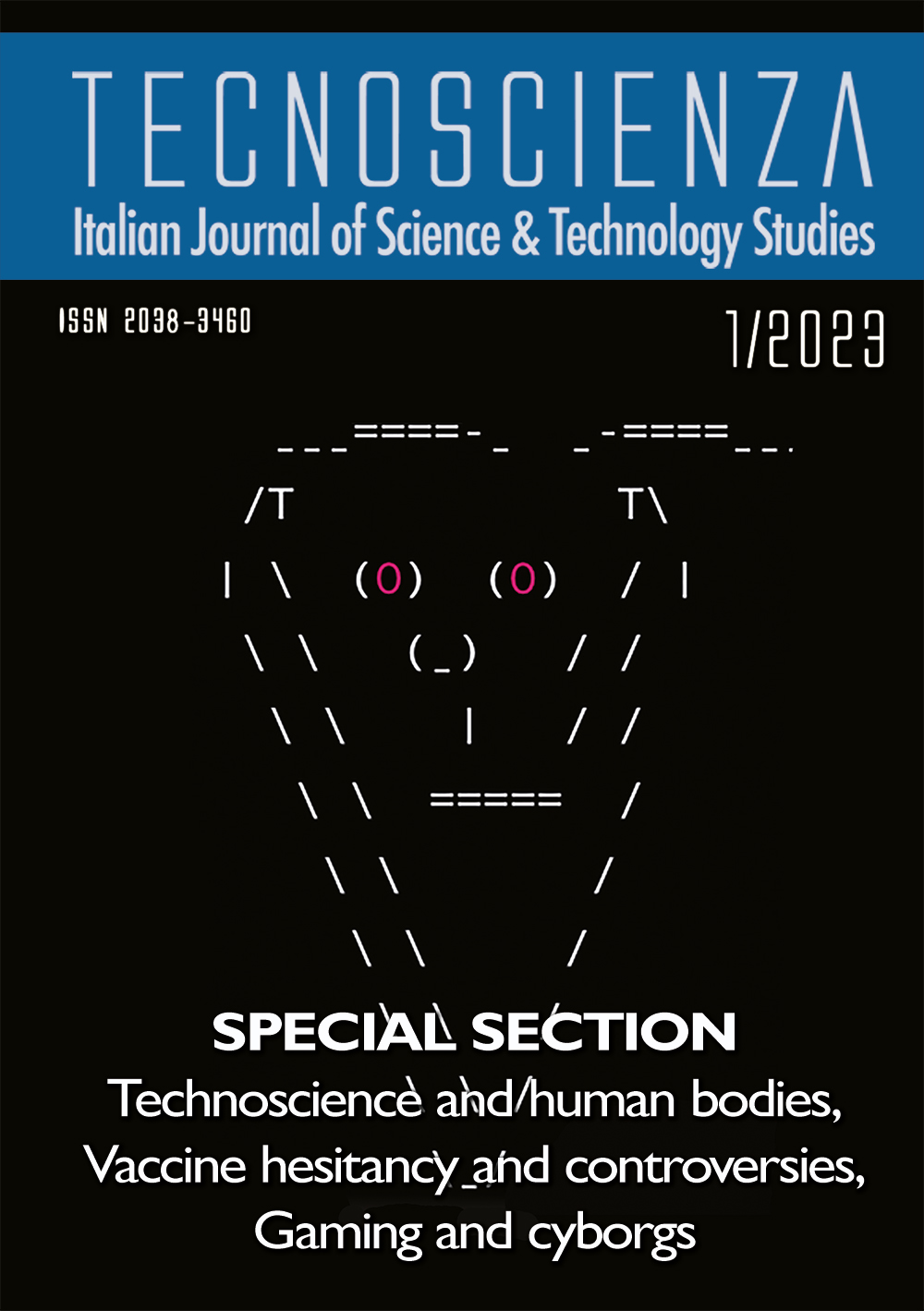The body as permanent digital identity? Societal and ethical implications of biometrics as mainstream technology
DOI:
https://doi.org/10.6092/issn.2038-3460/17611Keywords:
identification practices, digital transformation, privacy, security, dignity, human rightsAbstract
There is a global trend to expand biometric technology usage: digital identification practices increasingly gather peculiar features of the human body – in the security domain as well as in the consumer sector and everyday-technologies. This indicates a wider shift in the role of biometrics for digital identification entailing a significant further expansion of identifiability. Applying biometrics is frequently justified with security improvements. However, it also bears various security risks and individuals cannot simply opt-out from their bodies or change their bodily characteristics. On the longer run, human bodies may become partially reduced to enduring machine-readable, informational patterns as physical and digital environments conflate. Biometrics is thus a very powerful and threatful technology increasingly affecting how humans relate to technology, substantially challenging human rights. The paper argues that the far-reaching consequences of this development are yet underestimated and require broader societal debates and regulatory measures to reduce the corresponding risks, in particular as: 1) biometric information is bound to human bodies and thus irreversible, making individuals more vulnerable to misuse; 2) the shift from a security towards a mainstream technology fosters habituation effects and incremental compulsion to provide biometric features; 3) the extensive use of biometric systems facilitates misuse, reinforces surveillance tendencies, security, data protection and privacy issues; 4) biometrics used as automated control technology seriously strain human rights as it reinforces risks of discrimination, increasingly affecting bodily integrity and human dignity.
Downloads
Published
How to Cite
Issue
Section
License
Copyright (c) 2023 Stefan Strauß

This work is licensed under a Creative Commons Attribution 4.0 International License.





